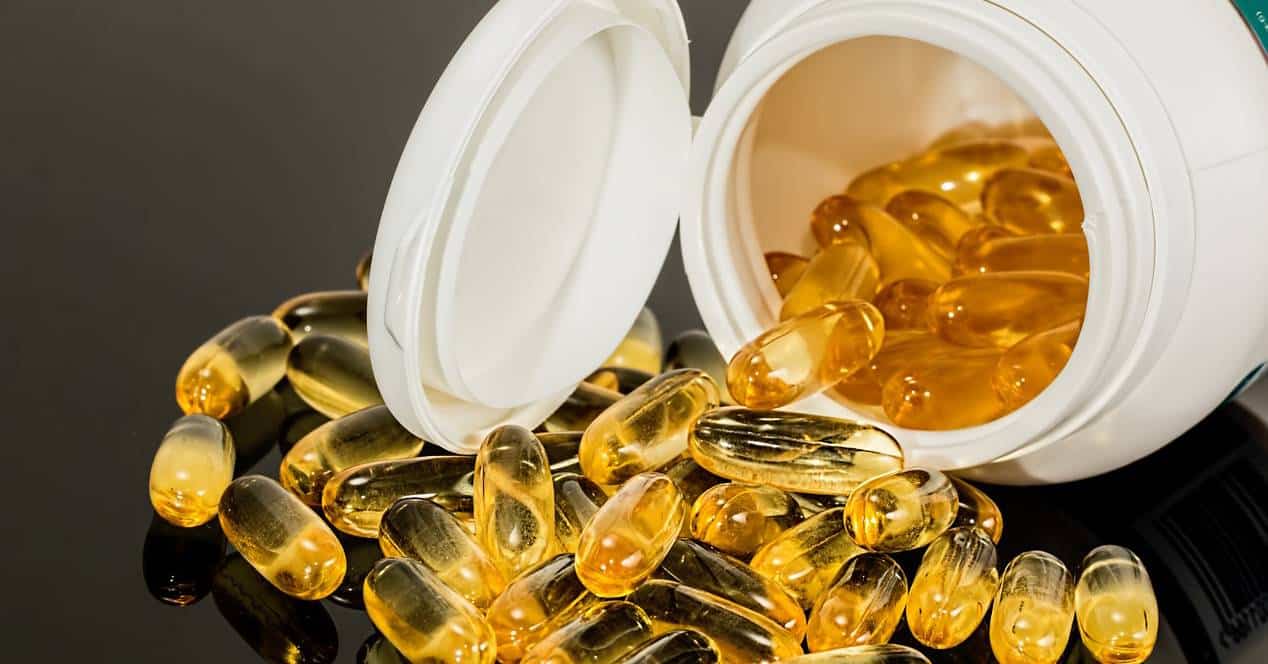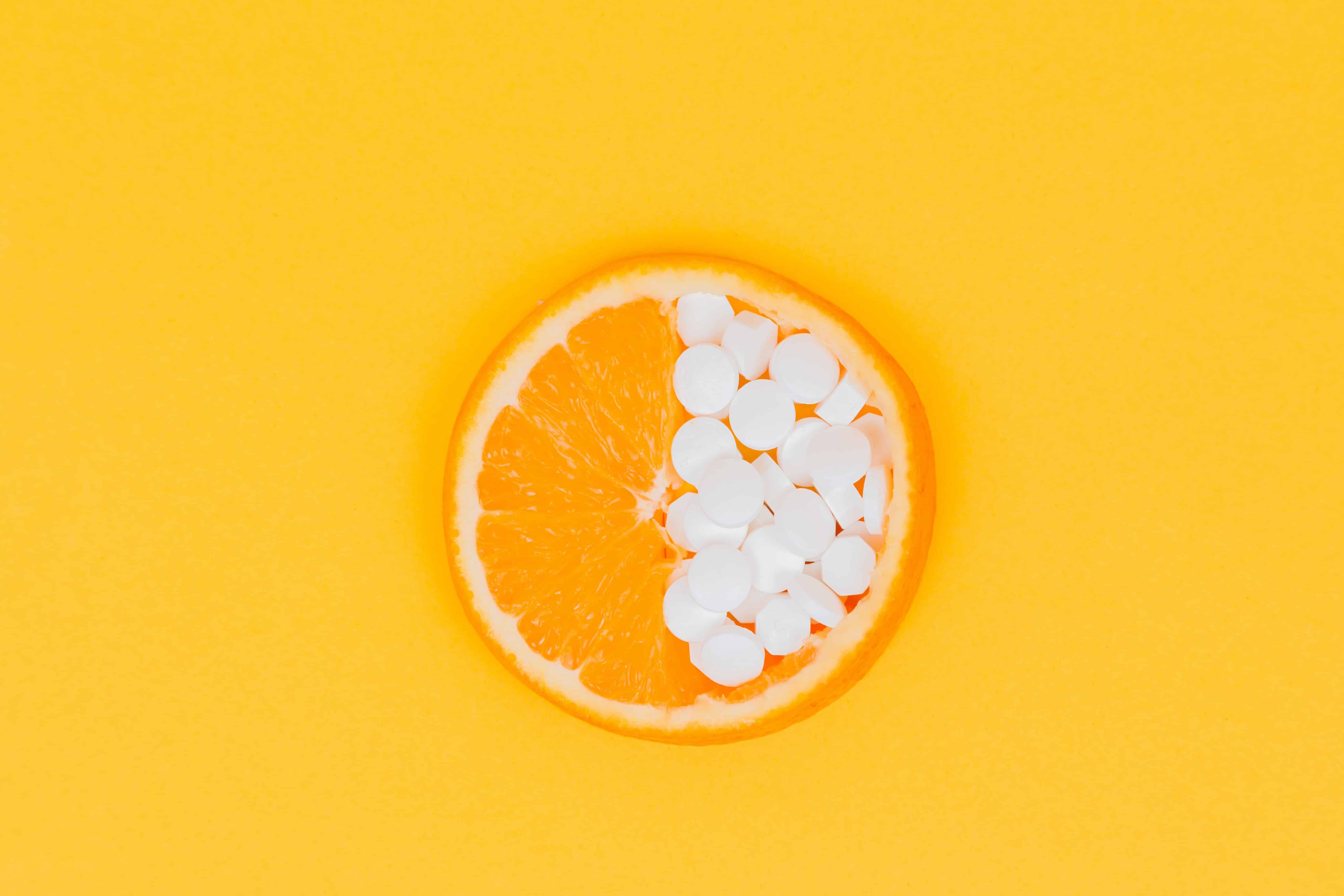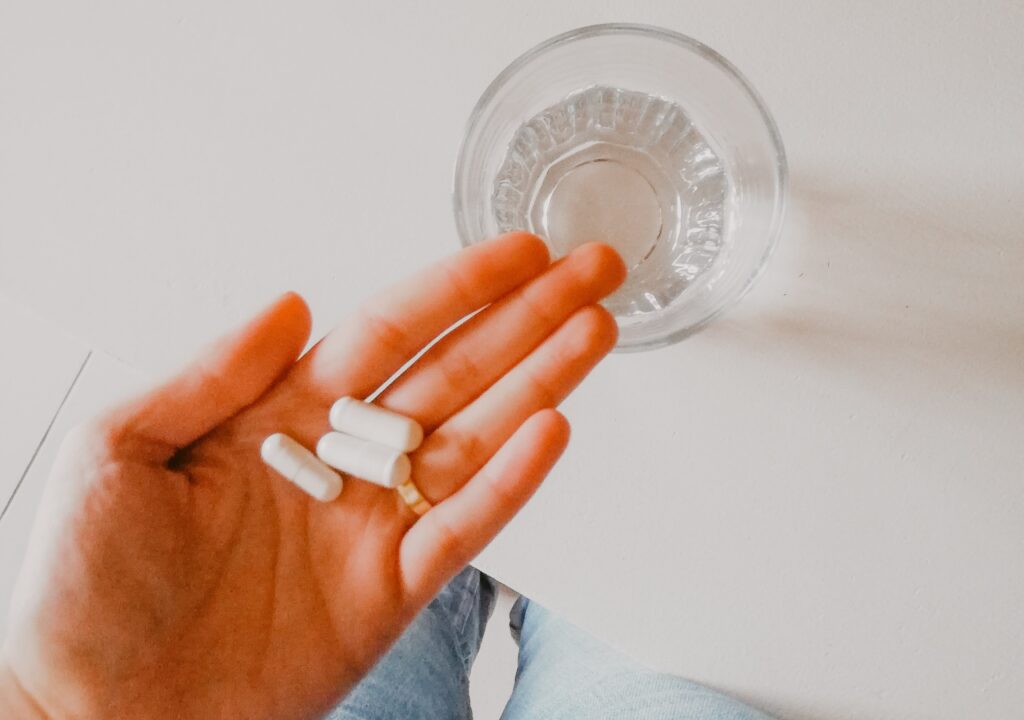
Being vegan is quite a controversial topic and I think we will never come to an agreement in our kind. Can we save the planet and help animal welfare while reaching our full potential? If it is already difficult for the issue of food, vegan supplements are even more so. Today we are going to try to highlight all the supplementation that you can choose to be vegan and its indications for consuming it.
Can you progress being a vegan athlete?
If you follow the proper precautions and are mindful of your diet, you can thrive as a vegan athlete without any problems. Everything will depend on your lifestyle, your family roots, your diet in the past, etc. There are many factors that you should take into account.
Our society is not educated to eat a plant-based diet, so you need to be very well informed and take responsibility for completely changing the way you eat. You need to increase the chances of success so that your body adapts and health does not deteriorate.
Below I propose the 5 most fundamental supplements for vegans and that every athlete (with this condition or not) should take. Also, as a gift, I'm going to tell you about four more supplements that will help you progress if you're a vegan athlete.
You will also find the recommended doses and advice for you to take quality supplementation with a high absorption rate.
Top supplements for vegans
The main priorities as a vegan, and even more so if you love to spend time training, are: Omega 3, vitamin D, vitamin B12, iron and protein. None of them is dispensable if you want to improve your health and get the most out of your training. It is important that you always opt for quality supplements and do not get carried away by the price.
Omega 3 / EPA + DHA
In the article to learn about the different supplements that exist, we told you that EPA + DHA was commonly known as Omega 3. It is indicated for vegans, vegetarians, or omnivores. EPA and DHA play a fundamental role in achieving optimal brain function and mood stabilization.
When people have a low level of EPA + DHA, it has been shown that they have higher rates of depression and a deficit that can affect the development of cognitive function in the brain.
It is also closely related to the fight against inflammation and a fast recovery process after intense training. As if that were not enough, there are studies that ensure that this supplement can beneficially help in fat loss.
EPA + DHA should not be confused with ALA, which is the third Omega 3. Our body can convert ALA to EPA and DHA, but its conversion rate is so low that even omnivores would have difficulty getting a sufficient daily dose.
How to take it correctly?
Ideally, it would be best to get a supplement with a 3:2 ratio of EPA + DHA. And to get the most out of Omega 3, it would be interesting to take it after training with vitamin D.
It is recommended to consume daily between 1500 and 3000 mg. EPA + DHA comes from marine sources (algae) and ALA is found in plant sources (flax, chia, nuts and canola).
Vitamin D
Vitamin D is essential for any human, regardless of whether you are vegan or not. This vitamin is responsible for developing strong and healthy bones, as well as helping to prevent osteoporosis thanks to the improvement of calcium and phosphate absorption.
And, as we all know, vitamin D strengthens our immune system, prevents muscle weakness, and reduces the risk of injury. That is why orange juice has always been highly recommended.
Having a low level of vitamin D can limit our performance, so we must always have an optimal level to improve our training. It will be in March when we are lowest in vitamin D and in summer when we will notice a peak of good performance.
How to take it
The ideal is to absorb vitamin D through the sun's rays. But in winter or in certain areas it is quite difficult to take advantage of the sun without an umbrella in between. So it is advisable to take it as a supplement.
It is advisable to consume vitamin D3, due to its high absorption, since D2 is less effective and you will need a higher dose.
Moderate supplementation would be at a daily dose of 1000-2000 IU. And you can determine it by establishing a ratio of 20-80 IU/kg per day.
Also, I recommend taking this supplement with a meal or source of healthy fat.

Vitamin B12
This vitamin does not exist in plant sources, so if you are on a vegan diet and you want it to work well, you should take good note of this and make sure you don't forget to take it.
Vitamin B12 is essential for proper brain and nerve function. Also, if you are one of those who spends a lot of time in the gym, you should remember that this micronutrient plays an important role in metabolism through the production of oxygen-carrying red blood cells.
When we have a B12 deficit, strength and power performance can be altered, since the protection of the nerve fibers would not be maintained correctly. If the nerve fibers are disturbed, the transmission of nerve signals is interrupted and muscle function decreases.
How to take it?
Vitamin B12 can now be found in many processed and fortified foods, such as cereals, bread, soy, tempeh, and tofu. If you are a vegan and want to ensure that you are taking the necessary daily amount, supplementation is recommended.
The Solgar brand is one of the most recognized by health professionals, although BetterYou also has good reviews. In the latter we find vitamin B12 in the form of a spray, which ensures greater absorption compared to the pill.
iron in vegans
Iron is another recommended supplement for anyone who trains heavy and intense, whether vegan or not. Of course, women should be more careful not to be deficient in this nutrient.
It is very important to have a proper functioning of the metabolism, since it helps the transport of oxygen to the tissues. Cells in the body burn calories for energy, and that process also requires iron. So when we have a deficiency, our body is compromised and general fatigue is generated.
One detail to keep in mind is that vegan foods contain non-heme iron, a type that is poorly absorbed by the body compared to heme iron (present in animal products).
But we can improve this absorption of non-heme iron if we eat foods rich in vitamin C (tomatoes, beets) together with foods that do not contain heme iron. Foods with tannins (green tea) should also be avoided when taking your iron dose, as it hinders absorption.
How should it be taken?
The recommended daily dose is 8 mg for men and 18 mg for women (who are still menstruating). You should be aware that supplementation can cause oxidative stress. A vegan option without these effects is Floradix-iron with herbs.
protein for vegans
Ugh, the subject of protein in vegans... Who has not heard (or had) a conversation with a vegan and has not touched on the subject of protein? You can enjoy good health knowing how to combine the different vegetable proteins and without forgetting the leucine.
Protein is vital for building muscle, repairing damaged tissue, and improving brain function. It has been shown to affect your motivation due to its influence on neurotransmitters. If you're vegan, your daily protein intake (especially when you go to the gym a lot) should be higher than for omnivores, since your body isn't able to use plant-derived protein as efficiently as protein. animals.
How to take it properly?
It is recommended to take between 1 and 2 grams of protein for each kg of mass. If you're looking for protein powder, make sure you get one that has a complete amino acid profile. Normally, it is usually highlighted on the package.
Zinc
This essential micro-mineral is considered a supplement that boosts the immune system, as well as meddles with protein synthesis and hormone production. Our body needs the right amount of zinc to repair muscle tissue and eliminate oxidative stress from training.
How to drink?
There are many vegetarian foods that contain zinc, but in a low percentage, so we are not contributing too much to the body. If you train a lot, you may want to consider taking zinc as a supplement.

Creatine
Creatine serves as an energy reserve that the body uses during short, intense training periods (weight training, sprinting, and explosive work). This supplement has been shown to help increase performance by 15%, as well as improve brain function in both vegans and omnivores.
Stress is responsible for depleting the brain's sources of creatine, and while the body is capable of producing small amounts, it's not enough for peak performance.
“Vegan muscles” are deficient in creatine, and vegans who supplement with creatine have been shown to perform better compared to omnivores.
How to take it?
A vegan should take between 3 and 5 grams a day to even out training with omnivores and improve their muscle and brain function. The Now Foods brand offers gelatin-free capsules.
Taurine
Taurine is an amino acid that can only be found in protein of animal origin. Its function is to regulate the stress response and cortisol levels in the body. Helps elevate the neurotransmitter responsible for calming us down and sleeping at night.
Although it is also involved in regulating blood glucose levels to maintain stable blood pressure.
How should we take it?
Taurine is found mainly in eggs and milk, so it is advisable for vegans to take it as a supplement. With 6 grams a day you can improve sports and mental performance. Both Solgar and Now Foods contain vegan options.
Carnitine for vegans
Carnitine is derived from an amino acid and is found in almost every cell in the body. It is responsible for participating in the production of energy and the transport of fatty acids to cells that are burned for energy.
The body is capable of synthesizing carnitine from amino acids, but it may not supply you with enough energy if you are a vegan athlete who trains intensely. So supplementation can improve fat burning, metabolic function, insulin sensitivity, and reduce inflammation.
There are athletes who consume meat and who take carnitine to improve sports performance. A study found that meat-eating triathletes taking 2g of carnitine every day for 24 weeks had a 35% increase in athletic performance compared to the placebo group.
How to take it correctly?
Now groceries have a vegan option.
Please note that studies show that performance benefits can only occur after long-term supplementation (ie triathletes taking carnitine for 6 months at 2-6 grams daily).